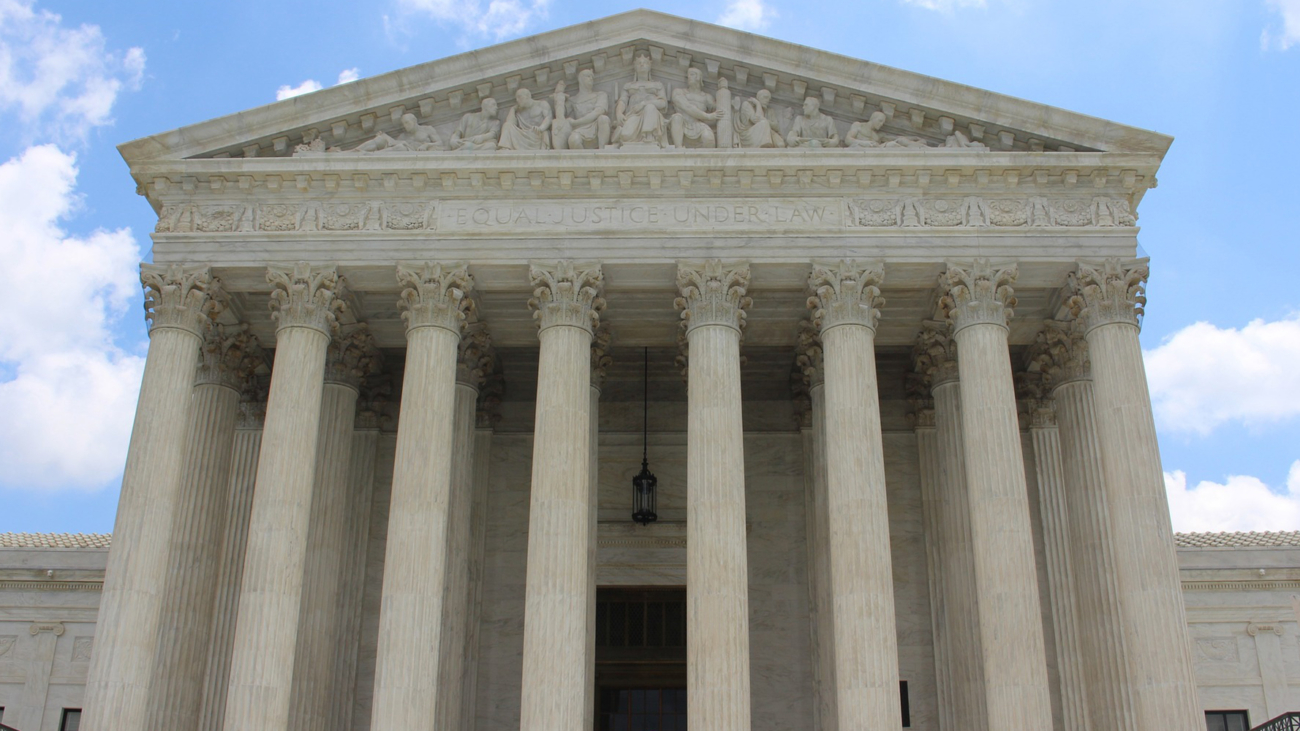The Government continues to aggressively investigate whether laboratories have engaged in violations of the anti kickback statute.
A few weeks ago, the FBI raided Proove Laboratories, a laboratory in Southern California, specializing in genetic testing to determine a patient’s likelihood of becoming addicted to opioids, based on genetic tests and questionnaires. The FBI also raided offices of doctors in Kentucky, Florida, and California whom had enrolled patients in Proove’s genetic testing studiesThe genetic testing was used to determine whether a patient may be predisposed to certain drugs, including opioids. Testing is also designed to identify the best pain medication possible for the patient based on their genome. Proove also claimed that testing was peer-reviewed and resulted in significant relief for a high percentage of its patients.
Reports indicate that the raid of Proove was triggered, in part, by Proove’s patient registry. According to another article, Proove maintained patient engagement representatives on site including at Benefis Pain Management Center in Montana. Benefis was previously connected to Confirmatrix, a laboratory run by a convicted felon in Georgia, after the FBI raided Confirmatrix. Confirmatrix was receiving urine tests from patients at Benefis and Confirmatrix (prior to its filing for Chapter 11 bankruptcy) was believed to receive the highest Medicare reimbursements per urine test of any lab in the United States.
An internal legal memorandum from Proove’s counsel has also surfaced. The Memorandum discusses why, according to internal counsel, the lab’s compensation arrangement with physicians does not violate the anti kickback statute or implicate any of the concerns from an OIG Special Fraud Alert Bulletin in 2014 discussing the application of the anti kickback statute and the uptick in fraud with respect to patient registries and enrollment in clinical studies.
Several things are significant here:
Advice of Counsel Defense: Proove seems to have set the stage for an advice of counsel defense to any accusation that they violated the anti kickback statute or other health care fraud and abuse laws. Advice of counsel defenses have become increasingly common as a weapon of choice for defense attorneys with clients facing accusations that that violated the anti kickback statute.
Focus on Laboratories: OIG and FBI continue to focus on laboratories, whether the purpose of the testing is to detect cardiovascular disease, accurately prescribe medication (pharmacogenetics), deter relapse through urinalysis testing, or to accurately prescribe pain medications that do not pose a heightened risk of addiction to the patient. The Government is also focusing on relationships and compensation arrangements they believe might run afoul of the anti kickback statute, including, but not limited to, physician relationships with laboratories, relationships between marketers and laboratories, medical directorships with laboratories, and laboratory relationships with substance abuse and drug treatment centers.
Marketing: The Government has continued to increase investigations and prosecutions related to unlawful sales and marketing arrangements. While it is far too premature to predict, the Government may take the position that the “patient engagement representatives” were improperly recruiting patients for expensive laboratory testing in violation of the anti kickback statute and claim that the literature supporting the tests and their efficacy was, at best, questionable. The Government has already taken similar positions in compounding pharmacy investigations and prosecutions related to sales and marketing arrangements. In those cases, Tricare, through its Pharmacy Benefits Manager (PBM), Express Scripts, was reimbursing providers for pain creams, scar creams, and anti-wrinkle creams at “astronomical” rates from 2012 until May of 2015 when Tricare and Express Scripts revamped the pre-screening rules and requirements for submitting claims for compounded medications.
Opioid Epidemic: The opioid epidemic has gained national attention. Florida even has declared it an emergency. Thus, it is reasonably foreseeable that the Government will continue to target laboratories and health care providers that prescribe, dispense, market, manufacture, and distribute opioids. Similarly, the Government and Florida will continue to ramp up efforts to combat perceived widespread corruption related to the treatment of persons addicted to opioids – whether it be sober homes, substance abuse treatment centers, recover residences, or laboratories.
The jury is still out on whether the Government will adopt a measured approach to the opioid epidemic which balances the needs of patients experiencing real pain and addicts whom, in some cases, might require medication assisted treatment, with the need to combat fraud and abuse and the pharmaceutical diversion which compromises patient safety.






